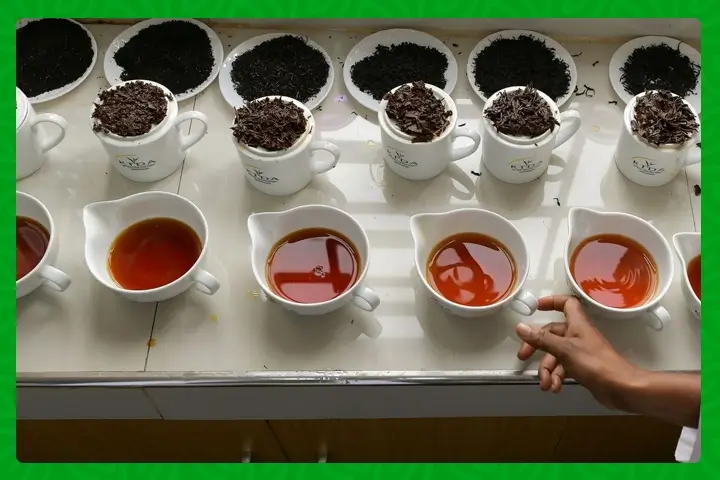
In the face of mounting economic challenges driven by a severe shortage of US dollars, Egypt is taking a creative approach to ensure the continuity of its vital tea trade with Kenya. Egypt’s Ambassador, Wael Nasr El-Den, has proposed a barter system that could transform the dynamics of trade between the two nations. This article delves into Egypt’s innovative solution and its potential to address currency shortages while maintaining a thriving tea trade.
Barter Trade for Tea:
A Win-Win Strategy: Under this innovative arrangement, Egypt’s government will purchase Kenyan tea, and in return, Kenya gains the freedom to choose the goods it wishes to import from Egypt. This barter system offers a win-win scenario, as both countries grapple with a shortage of US dollars that has caused inflationary pressures and economic strain.
Egypt’s Quest to Reduce Dollar Reliance:
Egypt’s urgent need to reduce its dependence on US dollar reserves is driven by a foreign currency shortage crisis. The country faces increasing demands for US dollars to support essential imports of food and fuel and to meet a US$2 billion bond maturing in June 2024. To tackle the US dollar liquidity shortage, Egypt has introduced several measures, including offering investment opportunities in 35 state-owned companies and unveiling plans to attract an annual inflow of US$191 billion within three years.
Global Factors Impacting Tea Prices:
The global surge in beverage prices, influenced by factors such as the Ukrainian conflict, volatile weather conditions, and the El-Nino weather phenomenon, has contributed to the rise in tea prices. From the start of 2023 until November, tea prices have climbed by US$0.19 per kilogram or 6.71%, reaching US$3.02 per kilogram with a 10.22% year-on-year increase. Egypt, the second-largest purchaser of Kenyan tea, and Kenya are both facing challenges in tea exports, with a 23% drop in Egypt and a 13% decrease in Pakistan in the first eight months of 2023, as reported by the Tea Board of Kenya.
A Unique Solution for Economic Challenges:
The potential adoption of a barter system for the tea trade offers a unique solution to address these economic challenges. It not only allows Egypt and Kenya to continue their tea trade but also relieves the pressure on their US dollar reserves, providing a pathway to economic stability and growth.
Kenya’s Investment in Specialty Tea:
In a related development, Kenya is set to invest significantly in the specialty tea market segment. Plans are underway to install specialty tea processing units worth KSh 10 billion in 32 factories managed by the Kenya Tea Development Agency Management Services Limited (KTDA-MS) across the country. The Tea Board of Kenya (TBK) is also planning to establish an incubation hub for specialty and value-added tea, with the goal of increasing earnings for tea farmers. KTDA has already initiated processing plants in 11 affiliated factories, facilitating product diversification and maximizing earnings. Furthermore, TBK’s call for machinery and equipment supplies for the incubation center is expected to boost value addition along the tea value chain, creating employment opportunities and benefiting farmers and processors.
Egypt’s pursuit of a barter trade agreement with Kenya for tea, amidst a US dollar shortage, reflects a commitment to innovation and economic resilience. This unique solution holds the potential to stabilize the economies of both nations while safeguarding a crucial trade relationship. As Kenya invests in specialty tea processing and value addition, the future of the tea industry appears promising, offering opportunities for growth and prosperity.
Stay updated with the latest farming tips and agriculture industry news from Africa by subscribing to our newsletter. Don’t miss out on valuable insights and updates. Follow us on Twitter, LinkedIn, and Facebook to join our farming community and stay connected with us.



















